Top AI Content Writing Tools in 2025 for Bloggers and Marketers
February 28, 2025


Content writing is creating written content, such as blog posts, articles, website copy, and social media posts. It involves crafting engaging and informative content that resonates with the target audience. In recent years, artificial intelligence (AI) has emerged as a powerful tool to assist content writers in various tasks, from generating ideas to producing finished content.
Using AI Content Writing Tools, content teams can streamline workflow and produce high-quality content more efficiently. These tools can help with tasks such as brainstorming ideas, researching topics, writing drafts, and editing content. Product management teams can also use AI content writing tools to create detailed product descriptions, marketing copy, and other essential content.
Content writing is creating written content that informs, persuades, and entertains. It involves conducting research, crafting compelling narratives, and optimizing content for search engines. Effective content writing helps businesses attract and retain customers, build brand awareness, and drive website traffic.
While AI has made significant strides in content generation, more is needed to replace human writers fully. AI tools can assist writers by automating tasks like generating ideas, writing drafts, and optimizing content for SEO. However, human creativity, critical thinking, and emotional intelligence are still essential for producing high-quality content.
A truly exceptional AI text generator should possess several key qualities to deliver high-quality content consistently:
The AI should be trained on a diverse and accurate dataset to ensure the generated content is correct.
The AI should have mechanisms to verify information from credible sources and avoid spreading misinformation.
The AI should stay on topic and avoid tangential or irrelevant content.
The generated content should be well-structured, with a clear introduction, body, and conclusion.
The AI should be able to develop coherent arguments and support them with evidence.
The AI should be capable of generating diverse and innovative ideas.
The AI should be able to adapt to different writing styles, such as formal, informal, persuasive, or creative.
The AI should be able to adjust its writing style and tone to match the user’s specific needs.
The AI should be able to generate content in multiple languages and dialects.
The AI should be able to tailor content to specific target audiences, considering their interests, knowledge levels, and preferences.
The AI should be trained on diverse datasets to minimize biases and ensure fairness.
The AI should be transparent about its limitations and potential biases.
The AI should be used responsibly to avoid generating harmful or misleading content.
AI-powered content writing tools offer numerous advantages:
AI can automate tasks like generating product descriptions, social media posts, and basic blog posts, freeing time for more complex creative work.
AI can quickly generate content, accelerating content production cycles.
AI can maintain consistent tone, style, and branding across content.
AI tools can help ensure factual accuracy by cross-referencing information from reliable sources.
AI can identify and correct grammatical errors and typos, improving overall content quality.
AI can suggest new topics, angles, and creative approaches.
AI can assist in brainstorming sessions by providing alternative perspectives and ideas.
AI can reduce the need for human writers, especially for repetitive tasks.
AI-powered tools can accelerate content production, reducing time-to-market.

ChatGPT, developed by OpenAI, is an advanced conversational AI tool that assists in writing, brainstorming, and editing content. It’s widely used for articles, blogs, emails, and other content creation needs.

Jasper AI is a leading content-generation tool that helps users write high-quality blog posts, marketing copy, and social media content in minutes. It includes templates and tone customization.
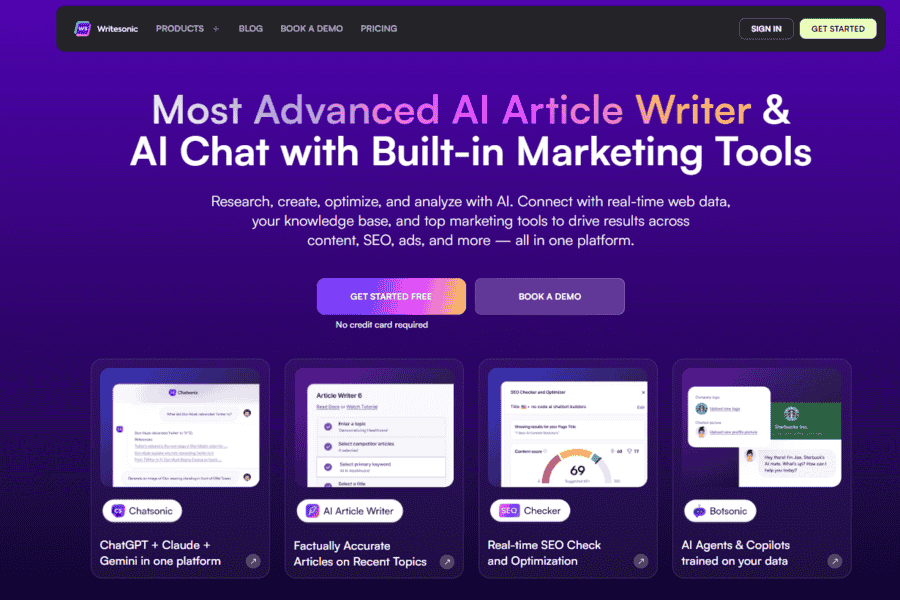
Writesonic is an AI-driven content creation platform ideal for blogs, ad copy, product descriptions, and email writing. It provides multiple templates to suit various content needs.
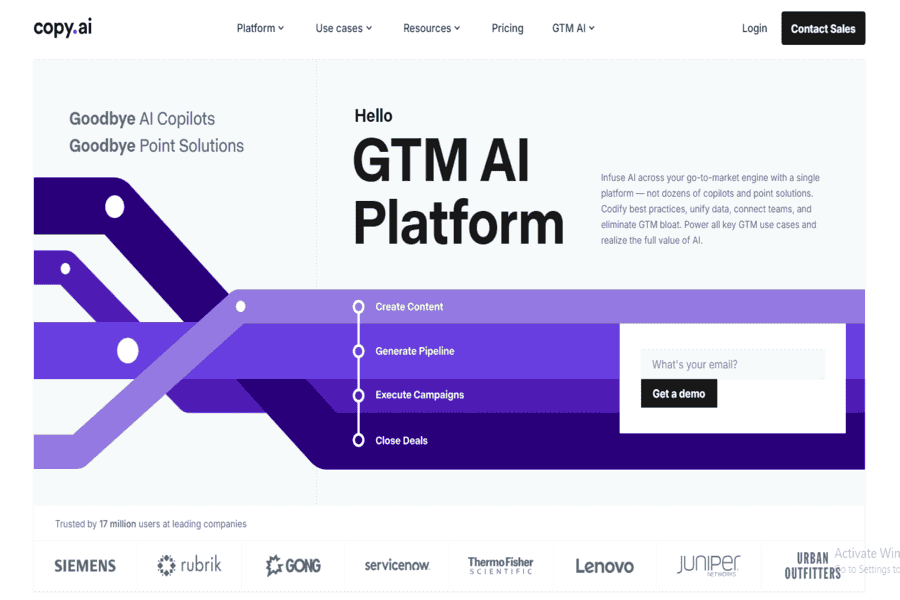
Copy.ai generates marketing copy, ad campaigns, and engaging social media posts. It’s an easy-to-use tool designed for marketers and entrepreneurs.

Rytr is a lightweight AI tool designed to help users generate engaging and optimized content for blogs, emails, ads, and more. It’s affordable and beginner-friendly.

Wordtune is an AI-powered writing assistant that refines and enhances existing content. It focuses on rewriting and improving clarity, tone, and structure.
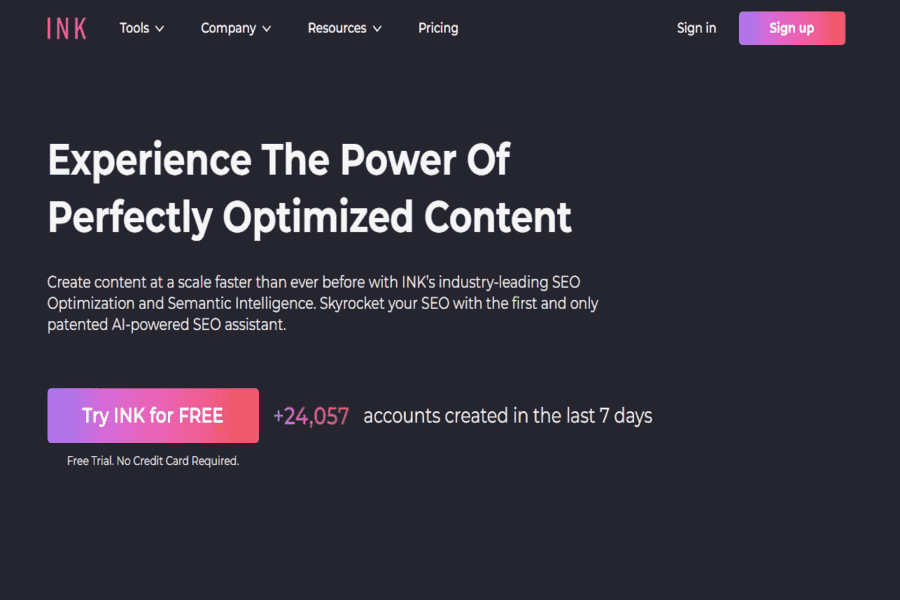
INK Editor is an AI-powered writing and SEO optimization tool. It helps create compelling, SEO-friendly content for websites, blogs, and marketing campaigns.
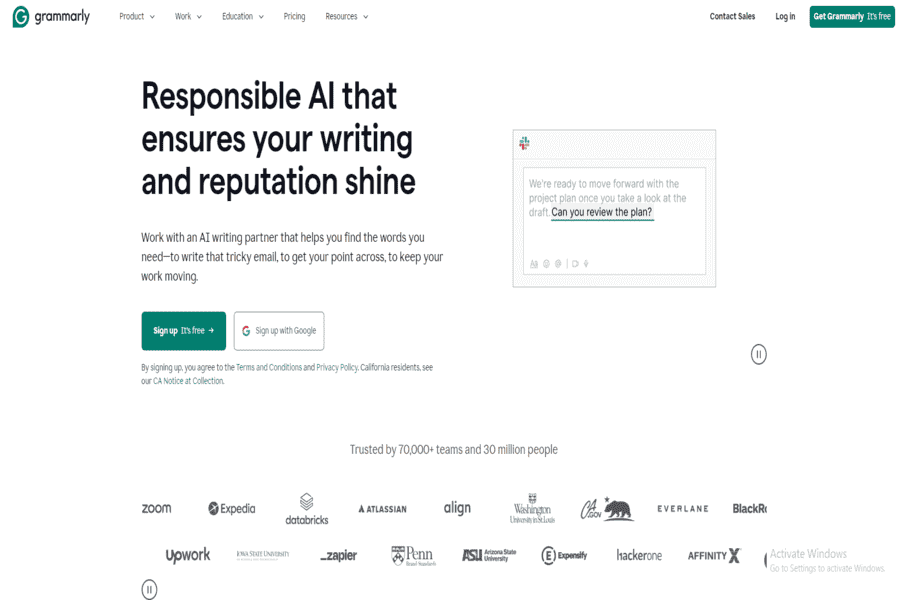
Grammarly is a popular AI writing assistant that improves grammar, tone, and clarity. It’s ideal for professionals, students, and casual writers.
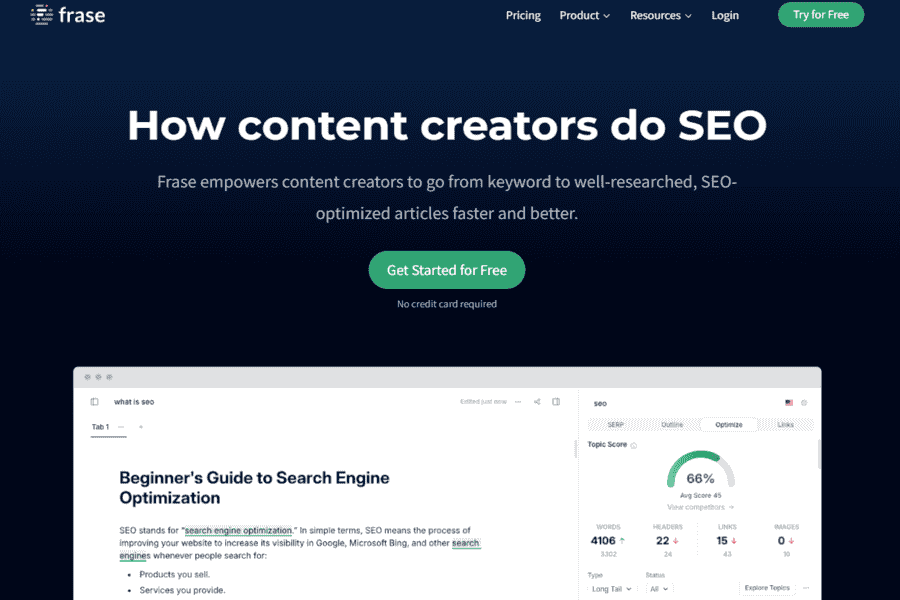
Frase.io is an AI-driven content optimization tool that helps create and structure content based on SEO data. It’s ideal for writing blog posts and optimizing content to rank higher in search engines.
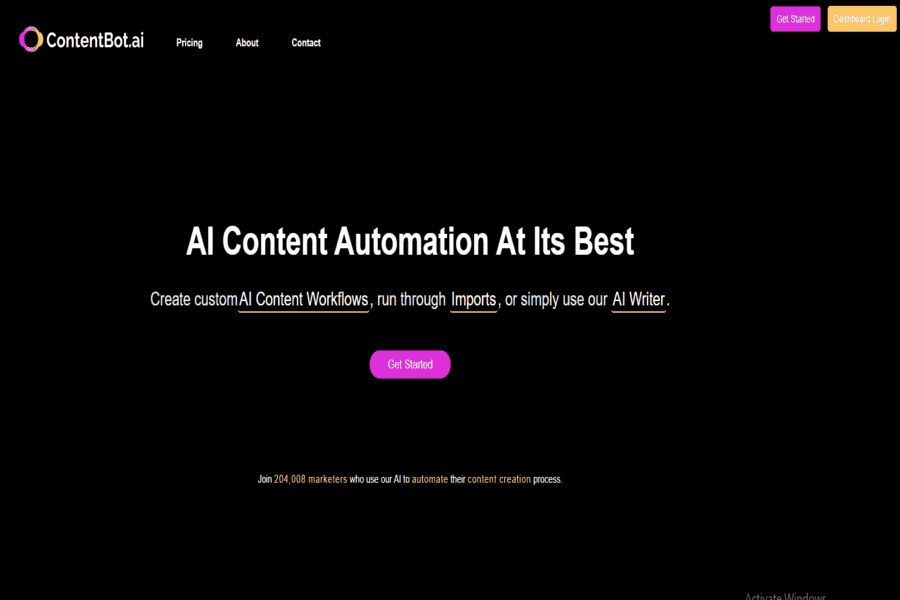
ContentBot is a versatile AI content generator that produces blog posts, social media updates, and ad copy. It also includes a long-form editor for in-depth articles.

Surfer SEO combines content creation with data-driven SEO optimization to help users produce high-ranking articles. It provides real-time analysis and improvement suggestions.
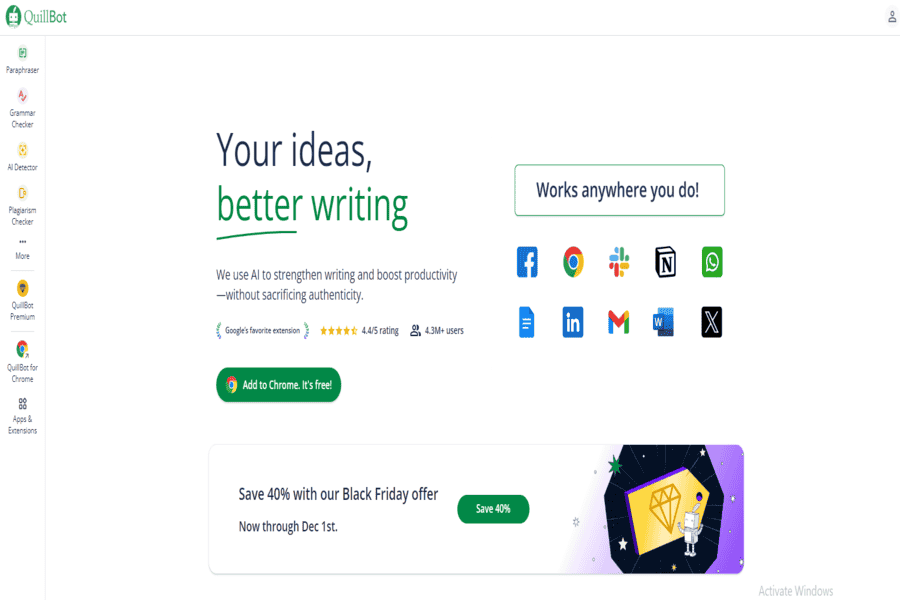
Quillbot is a powerful AI tool designed to paraphrase, summarize, and edit text. It’s widely used for academic writing, research, and blog creation.
While AI content writing tools offer numerous benefits, they also present several challenges:
AI-generated content may inadvertently plagiarize existing content without training on diverse and original data.
AI can generate misleading or inaccurate information if it’s trained on biased or low-quality data.
The ownership and copyright of AI-generated content can be complex and contentious.
Ensuring consistent quality and style across different content pieces can be challenging.
AI-generated content may require additional fact-checking to avoid errors and inaccuracies.
Human editors and writers still need to review and refine AI-generated content.
The future of AI content writing is filled with exciting possibilities. Here are some key trends to watch:
AI-powered tools can analyze user data to create highly personalized content, such as product recommendations, email newsletters, and social media posts.
AI can adapt content in real-time based on user behavior and preferences.
AI can quickly generate news articles, summaries, and reports based on real-time data.
AI can create engaging social media content, including captions, hashtags, and visuals.
AI can generate images, infographics, and videos to complement written content.
AI can create interactive experiences like quizzes, surveys, and virtual reality content.
AI can assist in writing creative content like poems, scripts, and song lyrics.
AI can generate new storytelling techniques and narrative structures.
AI models will be trained to minimize bias and ensure fairness in content generation.
AI-generated content will be clearly labeled and attributed.
AI-powered content writing tools are revolutionizing the way we create content. While they offer significant benefits regarding efficiency and productivity, using them responsibly and ethically is essential. By combining the power of AI with human creativity, we can produce high-quality, engaging, and informative content that resonates with our target audience. As AI technology continues to evolve, we can anticipate even more innovative and powerful tools that will shape the future of content creation.
